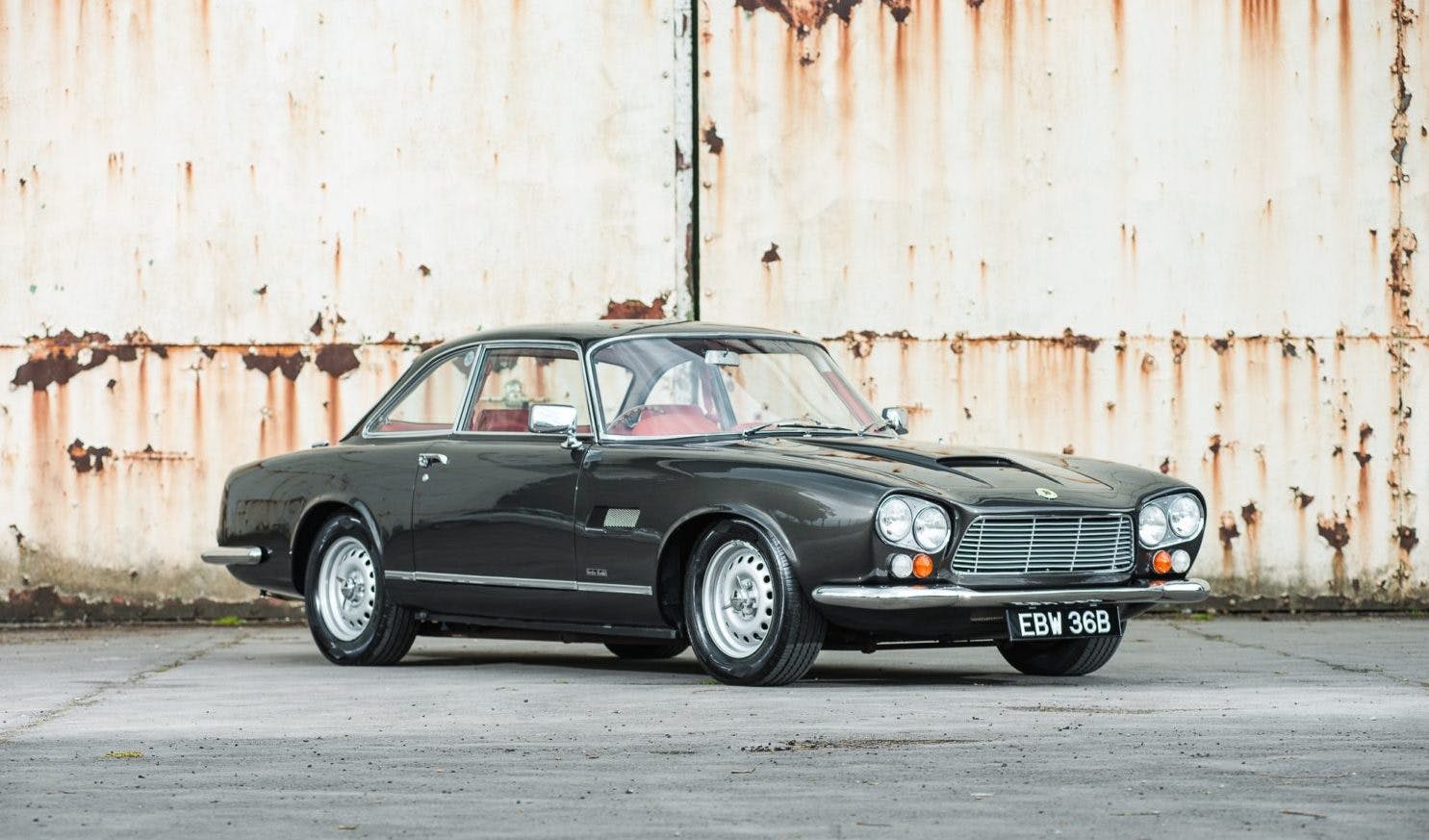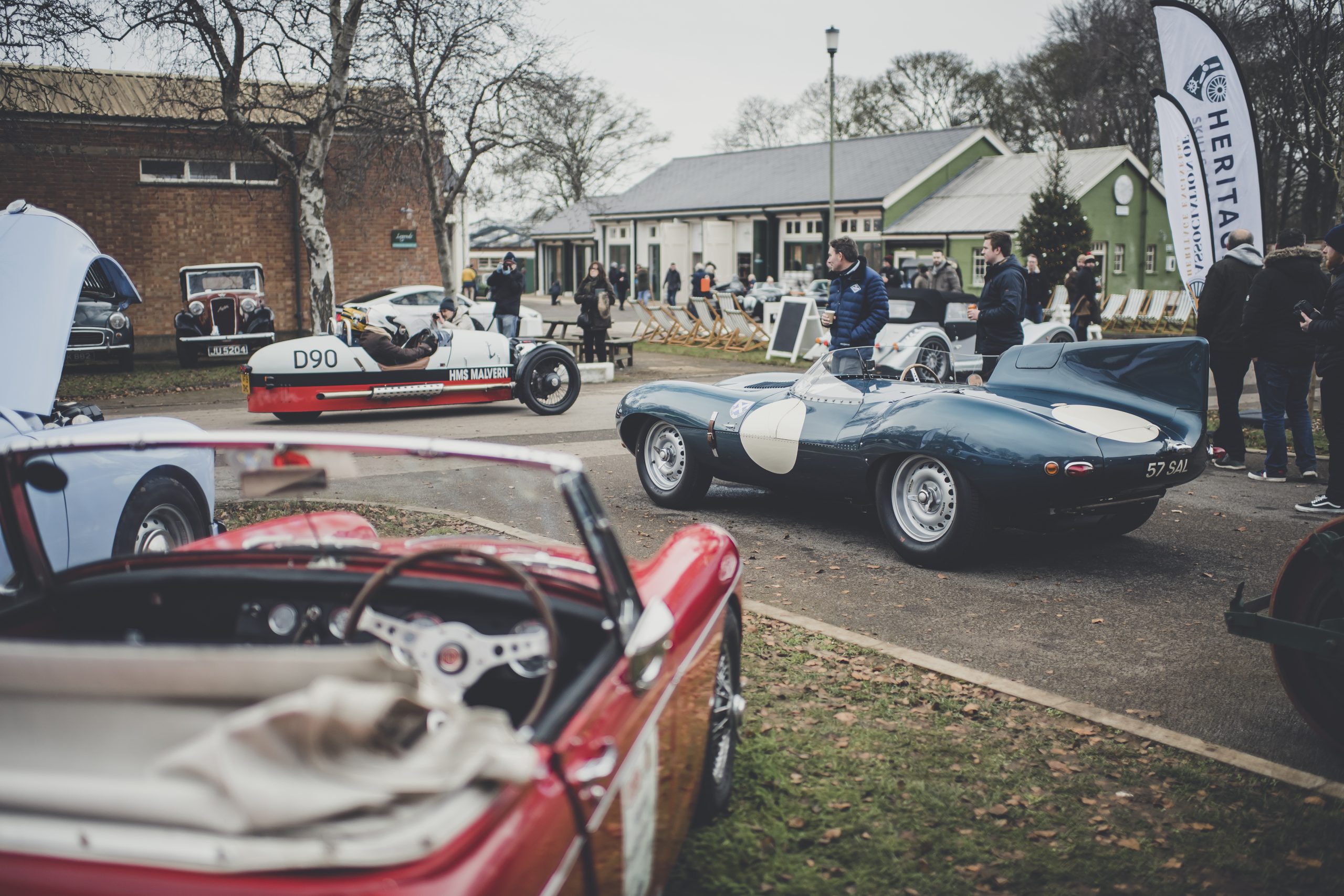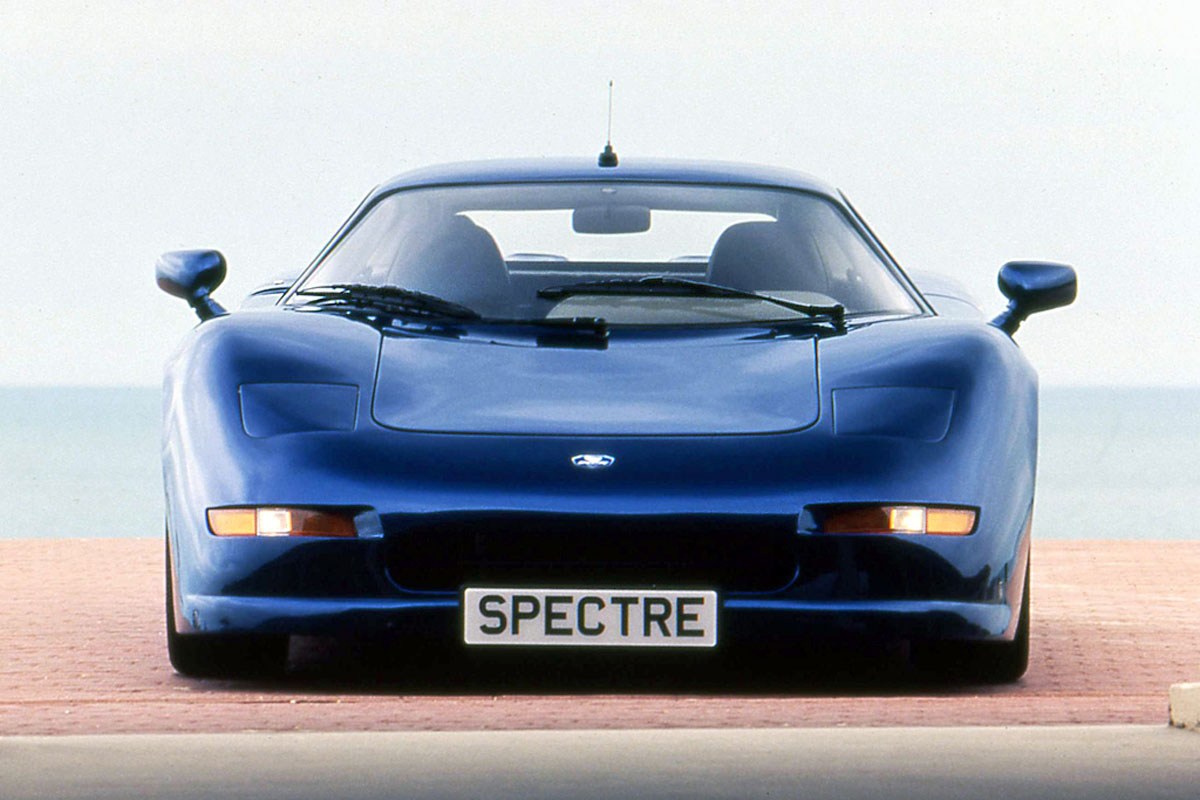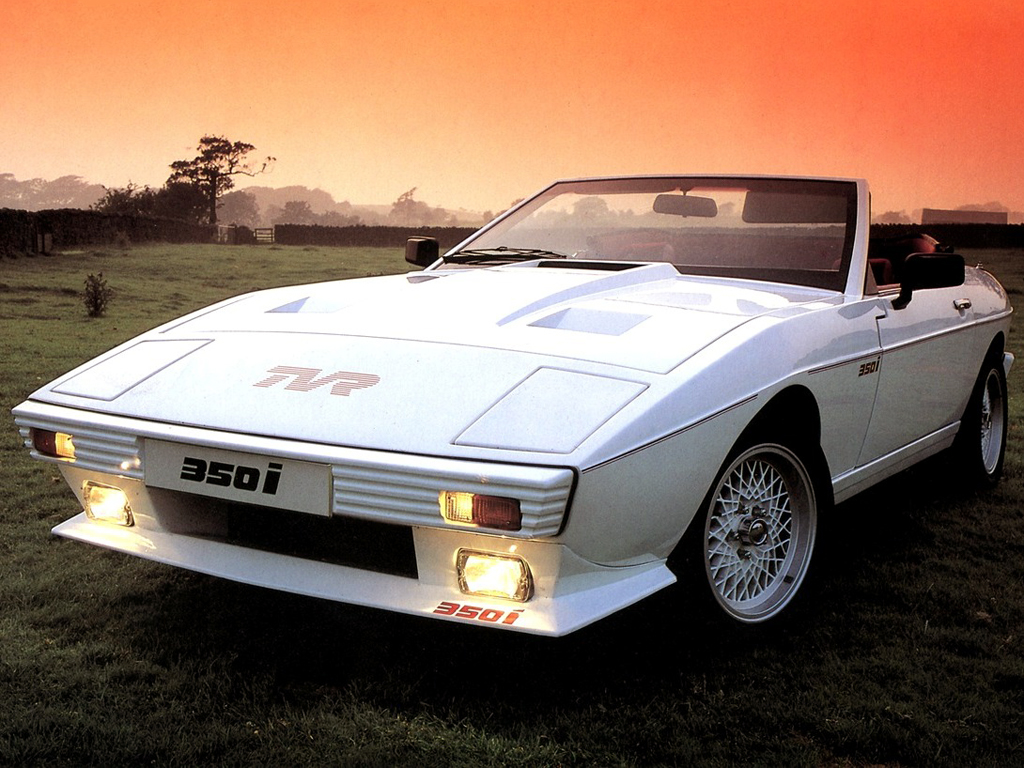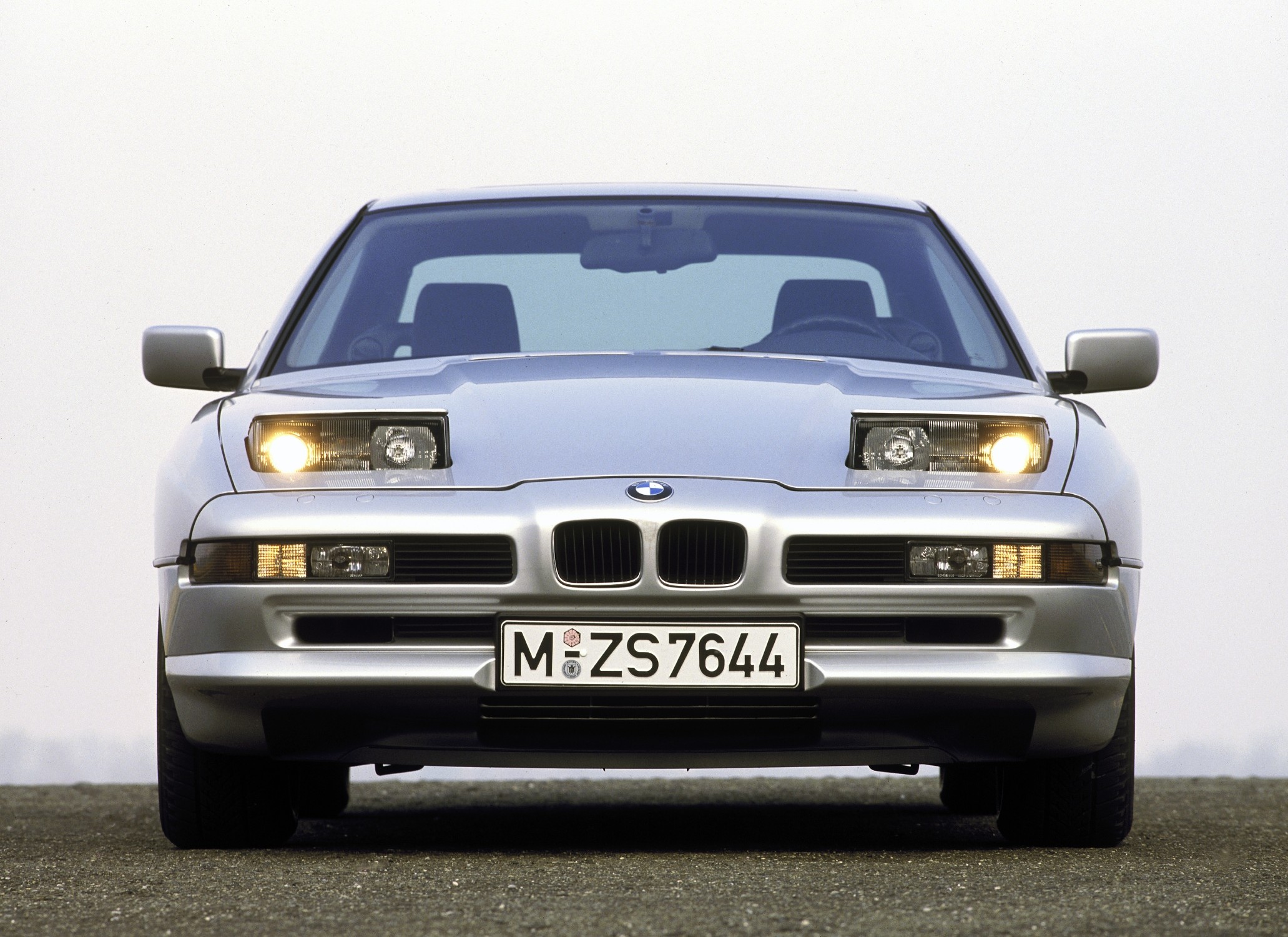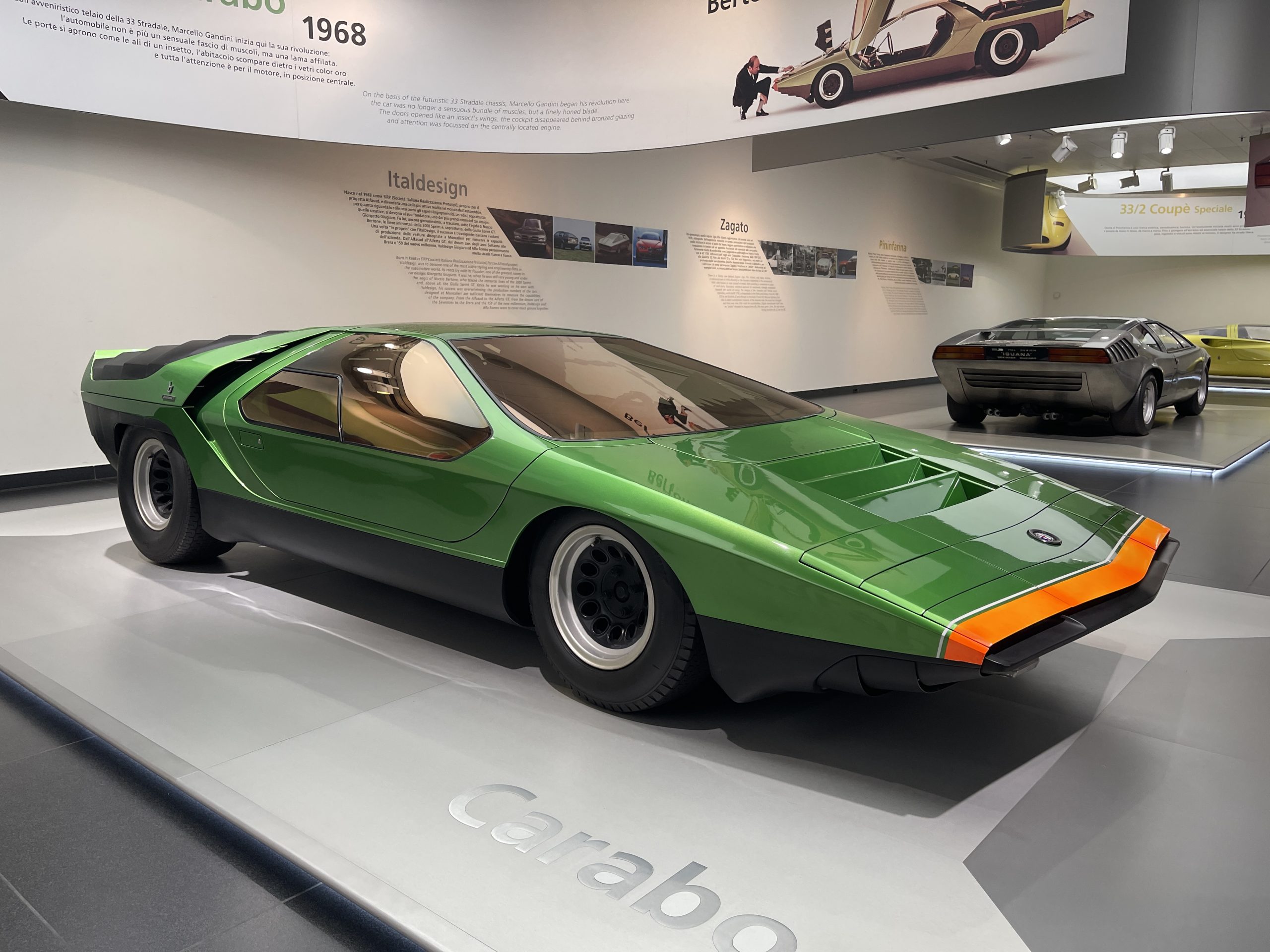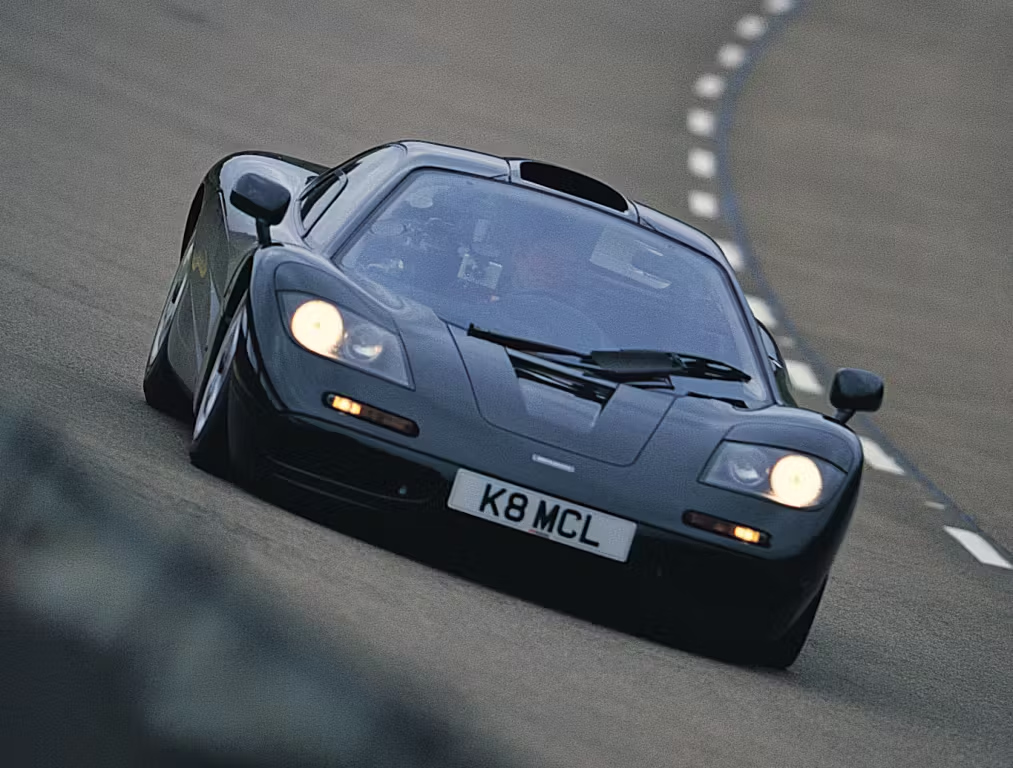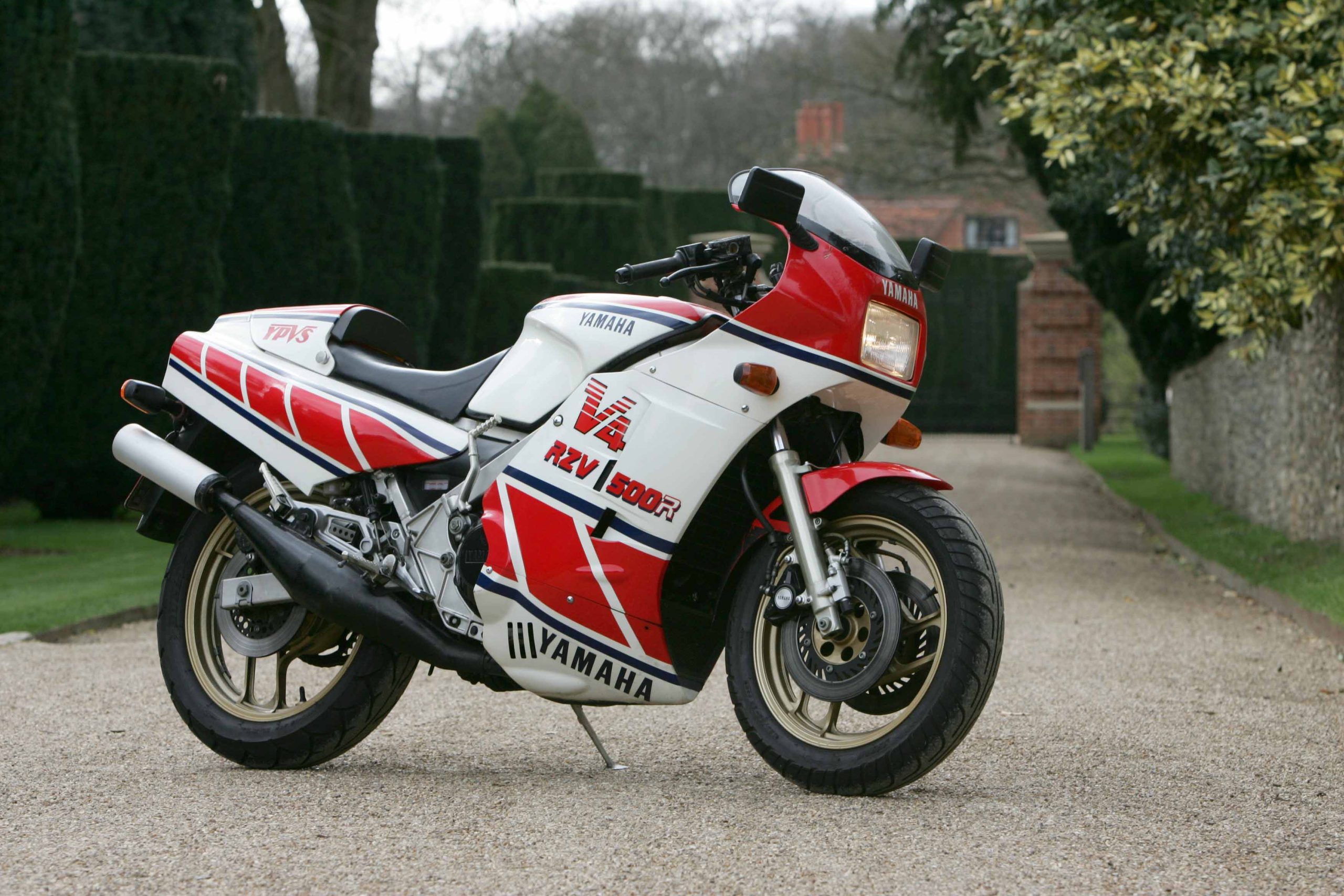It may have a tortoise (turtle?) on the hood, but the Gordon-Keeble was Britain’s most speedy GT at the start of the 1960s.
When Autocar put the GK1 (originally known as the Gordon GT) through its paces in 1960, the magazine’s road testers managed to hustle it along from 0 to 60 mph in just 7.7 seconds and on to a top speed of 142 mph, which put it narrowly ahead of Aston Martin’s contemporary DB4.

It also proved to be considerably more exclusive than the DB4, with just 100 cars made compared to over 1200 Astons. Yet despite this rarity Gordon-Keebles are still only worth a fraction of their rivals, with #1 (Concours) condition cars fetching £139,000, according to the Hagerty Price Guide. A significant sum of money, certainly, but equivalent DB4s are a stratospheric £2.7 million by comparison.
The story of this underrated British GT begins in the late 1950s when John Gordon, a stakeholder in Peerless, thought that the company’s Triumph TR3-derived sportster could use a little more muscle. On a business trip to America, Gordon bought some Chevrolet Corvette V8s and had them shipped back home.
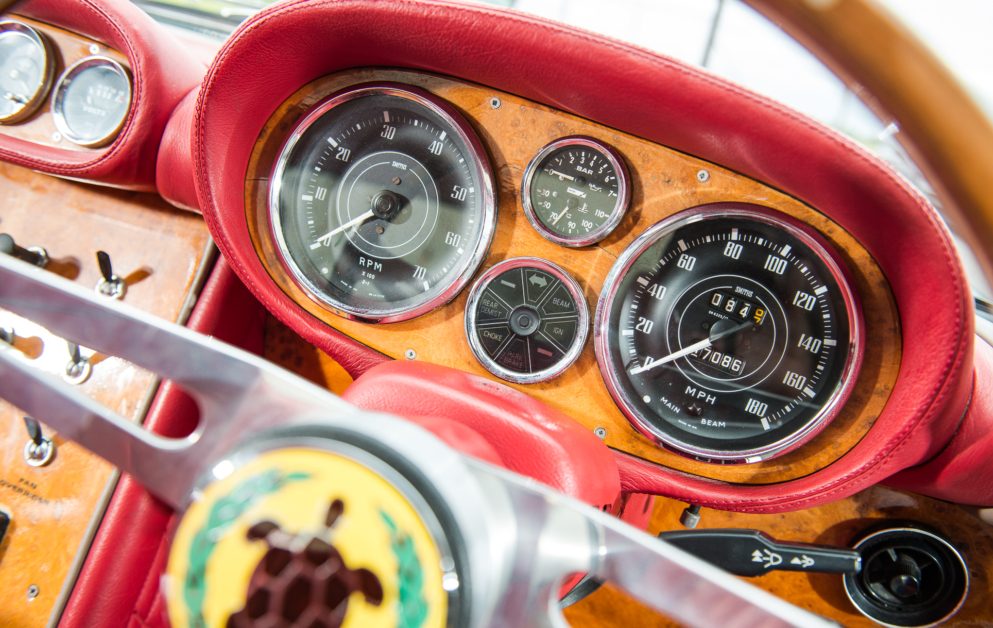
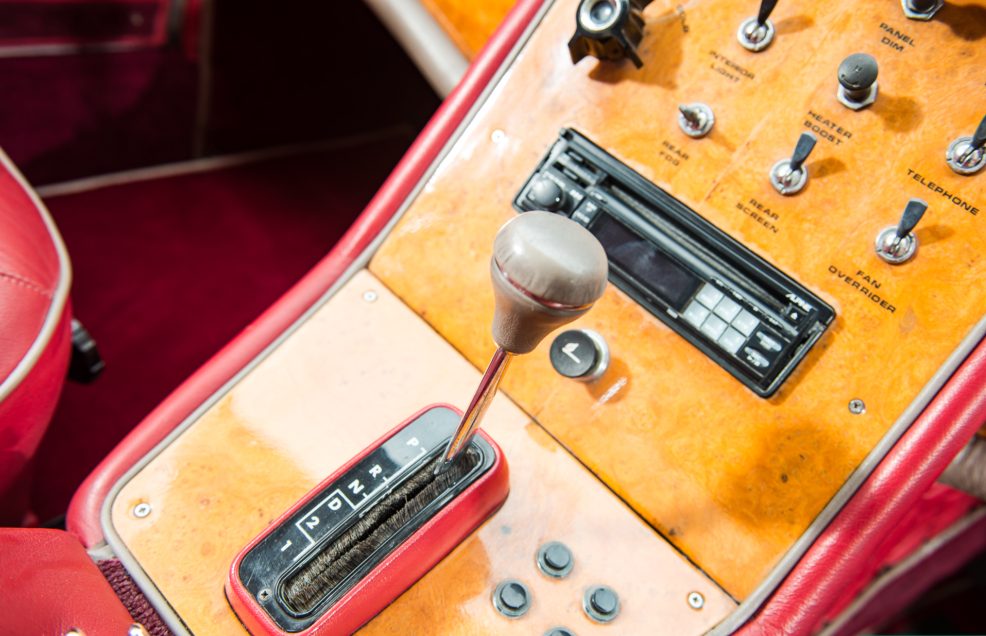
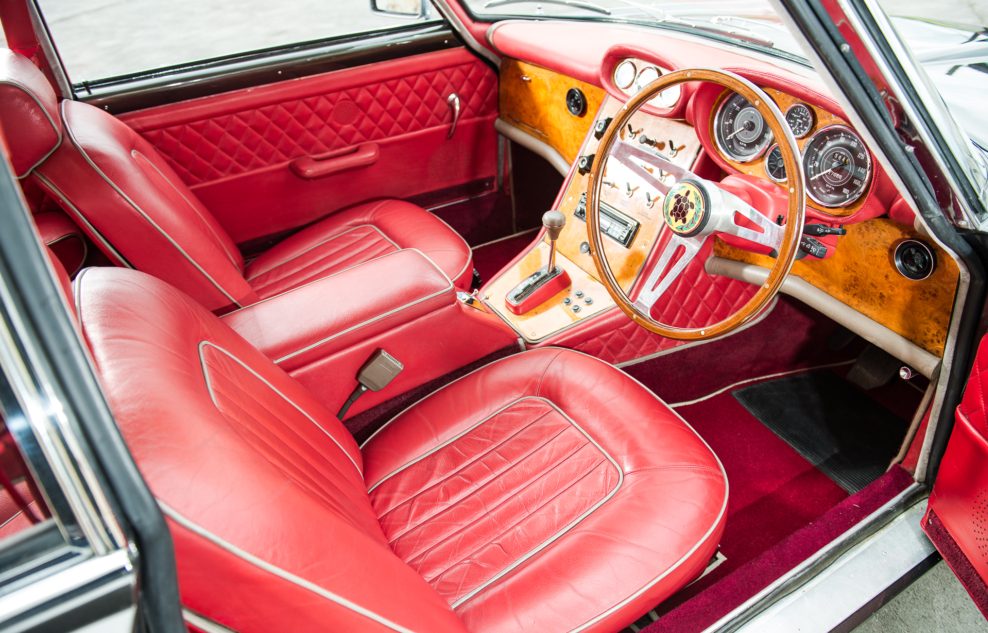
Quite by chance he was then contacted by engineer Jim Keeble who had a customer that really wanted just such a motor to be fitted to his Peerless. The pair worked together to create the one-off high-performance Peerless, but Gordon’s thoughts were already elsewhere.
He wanted to create his own luxury V8 GT featuring the latest technology, and now he had just the chap to engineer it for him. Keeble developed a spaceframe chassis, with wishbone front suspension, and a de Dion rear sporting a Watts linkage. It had disc brakes and worm-and-roller steering. Power came from a 4.7-litre Corvette engine and a four-speed manual transmission sent some 295 horsepower to the rear wheels. Serious stuff at the time.
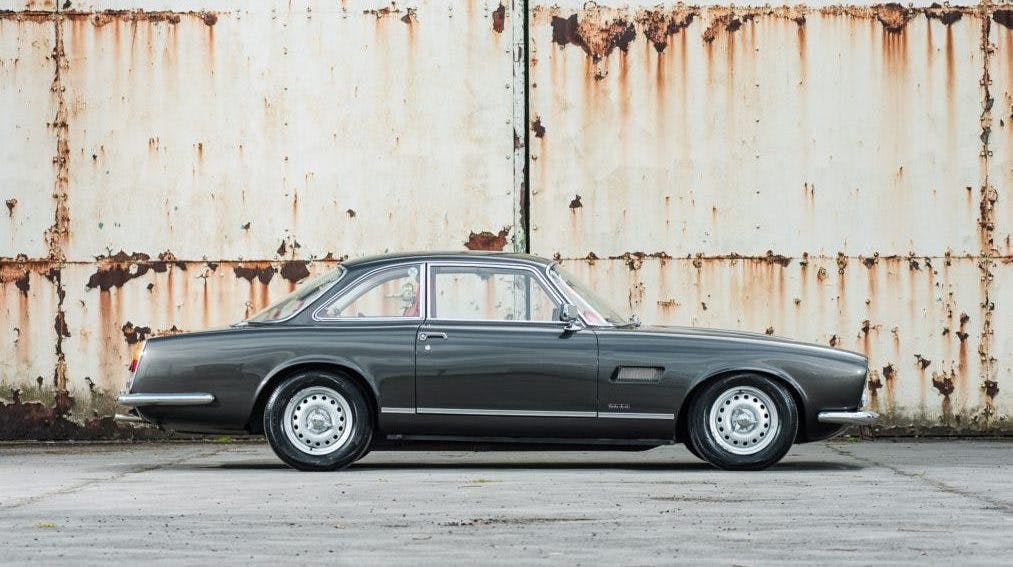
As chassis development churned along, Gordon traveled to Italy to find a designer. He knocked at the door of styling house Bertone, which put its 21-year-old chief stylist in charge of the project – only the second design on which the youngster had taken lead. You may have heard of him: Fresh from penning the Alfa Romeo 2600, Giorgetto Giugiaro oversaw the Gordon GT’s svelte bodywork.
Giugiaro’s design was mature beyond his years, an elegant GT with perhaps a dash of contemporary Maserati about it. When it was displayed at the 1960 Geneva Salon the Gordon GT was warmly received and not simply because it was the only truly new model on display.
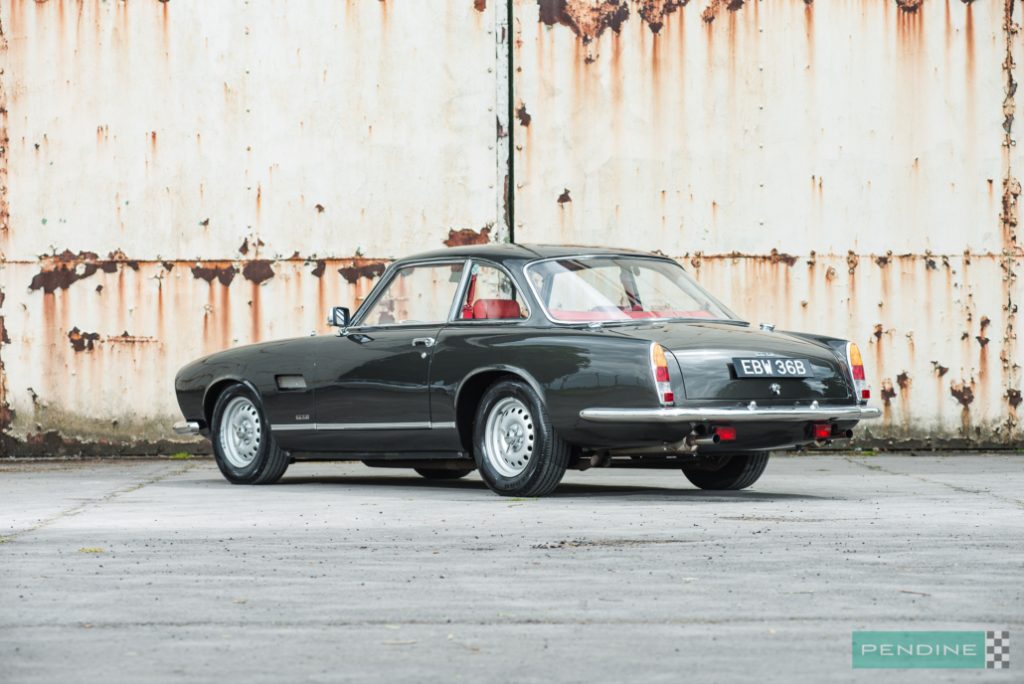
Now Gordon had to figure out a way to actually build it. Funding came from financier George Wansborough and Gordon found a suitable site for a factory at Eastleigh airport near Southampton on England’s south coast. A deal was struck in Detroit that would allow Gordon to have 1000 Corvette engines a year. Apparently, there was even some discussion of selling the car through GM dealerships.
However, by the time 1964 arrived and the car was finally ready, much had changed. Gordon had left the business, the engine was now a 5.4-litre small-block V8, and the body was made from fibreglass. Inside, the interior was rather less luxurious than initially promised, trimmed in plastic instead of leather.
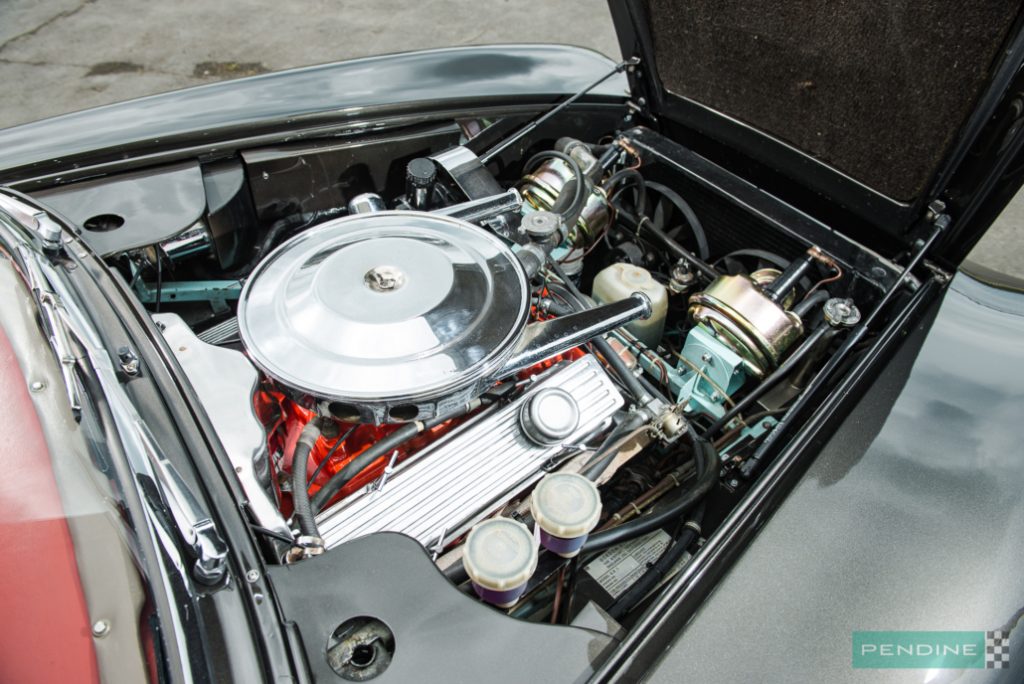
These cost-cutting measures meant the car went on sale priced at just under £3000 and three cars a week began rolling off the production line. Sadly, this state of affairs did not last long; lengthy delays were caused by the supplier of the steering box, Adwest, which had been hit by strikes among its workforce. Unfinished cars were left sitting idle and cash flow problems saw the company go bust in 1965. The firm and its assets were bought by new investors Harold Smith and Geoffrey West, it was renamed Keeble Cars Ltd, and for a time production was renewed. By 1967 though it was all over and chassis number 99 was the last off the line.
As befits the on-off history of Gordon-Keeble, one final car was put together from parts in 1971, bringing the grand total built to an even 100.
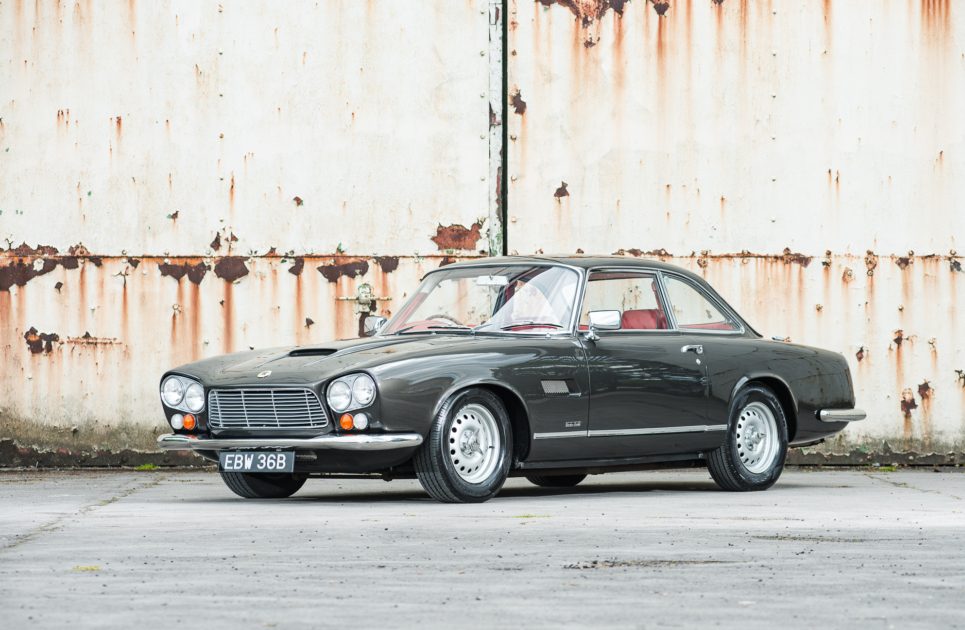
Like so many promising British efforts the Gordon-Keeble had all the right ingredients at first, but the watered-down final recipe was ultimately less appetising. (Perhaps having a sluggish shelled reptile on the badge didn’t help?)
If the mascot doesn’t put you off, take a look at this marvellous modified example, built just as Gordon originally planned, for sale at car dealer Pendine for £125,000. It is said to have undergone significant improvements over the past 24 months, including being repainted in Aston Martin Cumberland Grey, and more than £30,000 worth of maintenance.
Read more
Buyers Guide: Gordon-Keeble
10 British sports cars you probably forgot existed
The complete guide to £35,000 starter classics
